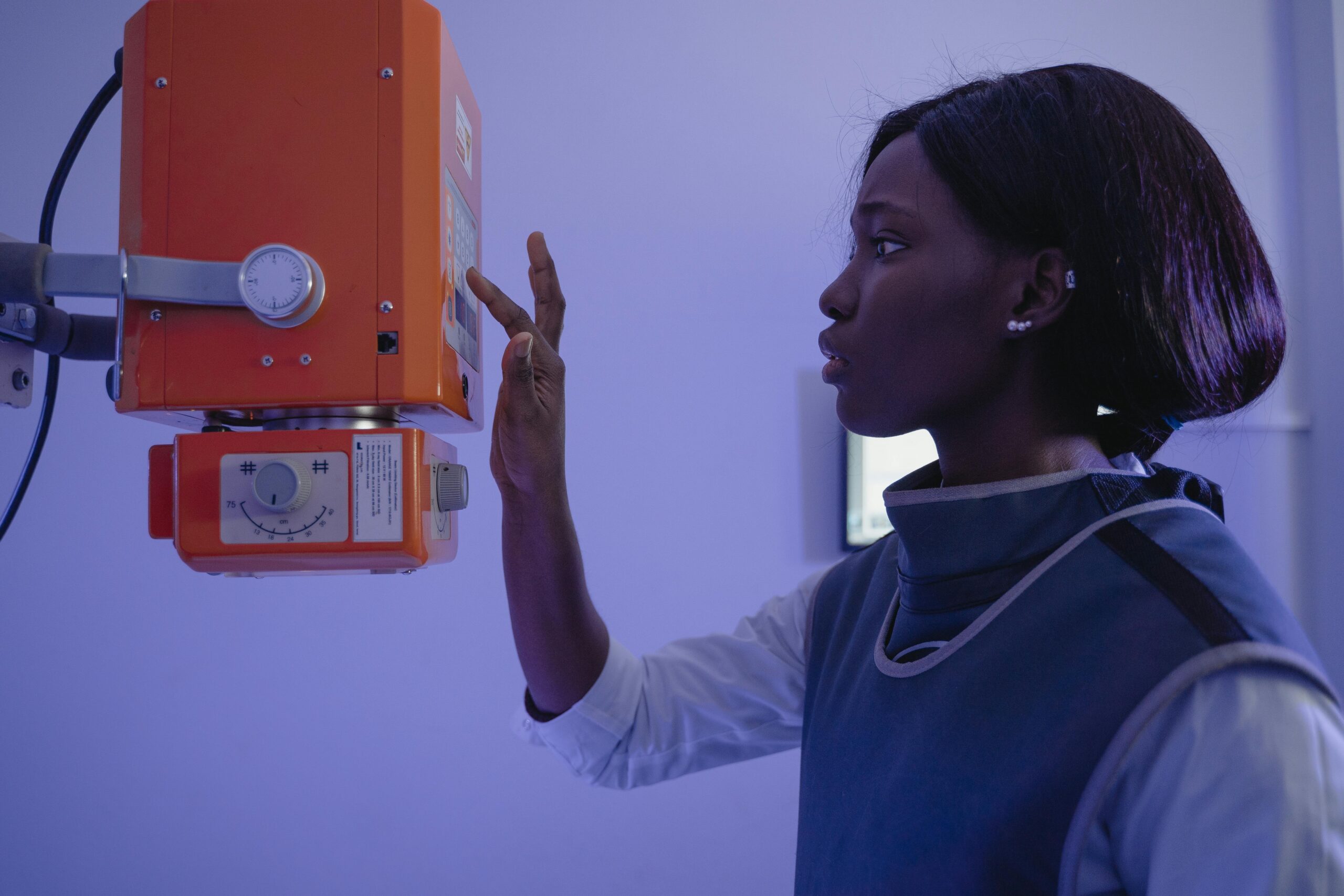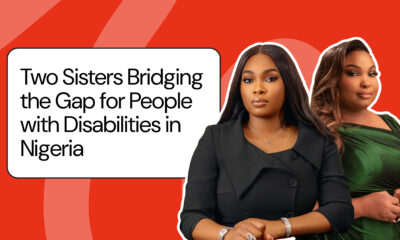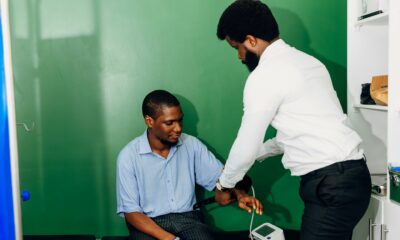Features
Ebere Nwachukwu: How Can Everyday Technology Solve Healthcare Issues in Underserved Areas?

I was born and raised in Ilasamaja, Lagos State, a city that never sleeps, never slows down, and never stops hustling. I grew up witnessing how people navigated life with grit and resilience, often pushing through illness or injury because they either couldn’t afford healthcare or the system failed to support their needs. As a physical therapist trained in Nigeria, I witnessed this reality firsthand. Patients came in late, left early, or didn’t come at all, not because they didn’t care about their health, but because access was a luxury they couldn’t afford. Some of these patients need to travel several miles before they can have access to health care or have proper medical screening.
Those experiences planted a question in my heart: Can technology bridge the gap between where we are and the kind of healthcare we deserve?
That question has since carried me across continents from Lagos to lecture halls in Georgia and Pennsylvania. I completed a Master’s degree in Exercise Science at Georgia Southern University, and I am currently pursuing a Doctor of Physical Therapy degree at Arcadia University. I have also started a second master’s degree in Information Technology because I believe the future of healthcare in Africa lies at the intersection of science, service and innovation.
During my clinical training in the U.S., I worked with a man who survived and is recovering from a heart attack. He lived in a medically underserved area and worked multiple jobs, making regular rehab visits nearly impossible. What he did have was a smartphone, and that was enough for my supervisor and me to get creative. With a wearable fitness tracker (Google Fit) and weekly WhatsApp check-ins, we designed a remote rehab plan that worked for his lifestyle. It was simple, cost-effective, and most importantly, it helped him recover and track his progress.
That experience changed how I viewed not just physical therapy and rehabilitation but the healthcare system in general. I realised you don’t need to wait for billion-dollar funding to make an impact. Sometimes, what you need is already in your hands. This made me want to do more than treat symptoms, but design systems and empower people with chronic conditions living in medically underserved areas on how to improve their conditions and health outcomes, and this would, in general, be beneficial to the healthcare sector and reduce patient volume.
Nigeria and much of Africa are rich in potential and innovation, but often underserved by infrastructure. What if we could use existing, low-cost technology like mobile phones, wearable step counters, or even WhatsApp-based health programs to support patients with chronic conditions like diabetes, stroke, and heart disease?
That’s the kind of work I’m currently building towards: developing scalable, community-based rehab programs that blend tech and therapy to serve people right where they are.
I’m not talking about fancy machines in elite hospitals. I’m talking about real, practical tools like using a fitness band or fitness trackers to monitor a grandmother recovering from a stroke in Nsukka, or using a chatbot to send blood sugar reminders to diabetic patients in Ogbomosho. The aim is just to make healthcare feel reachable, relatable and reliable no matter where you live or how much you earn.
I believe some students and professionals are also thinking about how to solve the problems we are facing in our healthcare sector. We often see narratives about success in tech, in fashion, in business. But healthcare? Especially from the lens of someone who has worked in both Nigerian wards and American clinics? Those stories are less common. And yet, they matter. Because there’s a future we’re building one where being born in Ejigbo or Ajegunle doesn’t automatically mean your health outcomes will suffer. A future where innovation is not just imported, but homegrown.
I do not have all the answers to my questions, but I’m committed to continuing to ask, learn and build. And maybe, just maybe, someone reading this will be inspired to join me.
***
Featured Image by Tima Miroshnichenko for Pexels




















